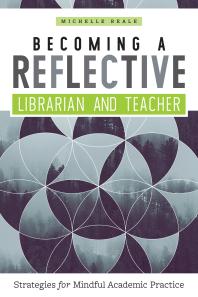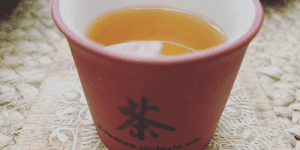Mindfulness Tea Meditation
Tea is a wonderful source for a mindful meditation. The phytochemicals in tea are a perfect combination of stimulation and relaxation to let you be in the moment. Theanine found in tea can help you relax while caffeine keeps you focused.
Below, you’ll find two ways to use tea in meditation, as well as a number of resources focused on tea, mindfulness and well-being.
Tea Meditation: Bowl
What You Need
- Tea of any kind, bagged or loose
- Near boiling water
- Bowl
Meditation Steps
To learn the steps, listen to the podcast at your leisure:
or watch the video:
or follow these written steps:

01
Find a space
Ideally, choose a place a little away from your usual work or daily routine, a dedicated space for you to have tea.
02
Put the tea in the bowl and pour in hot water
If you have loose leave in the bowl, pour on the side and watch them spin.
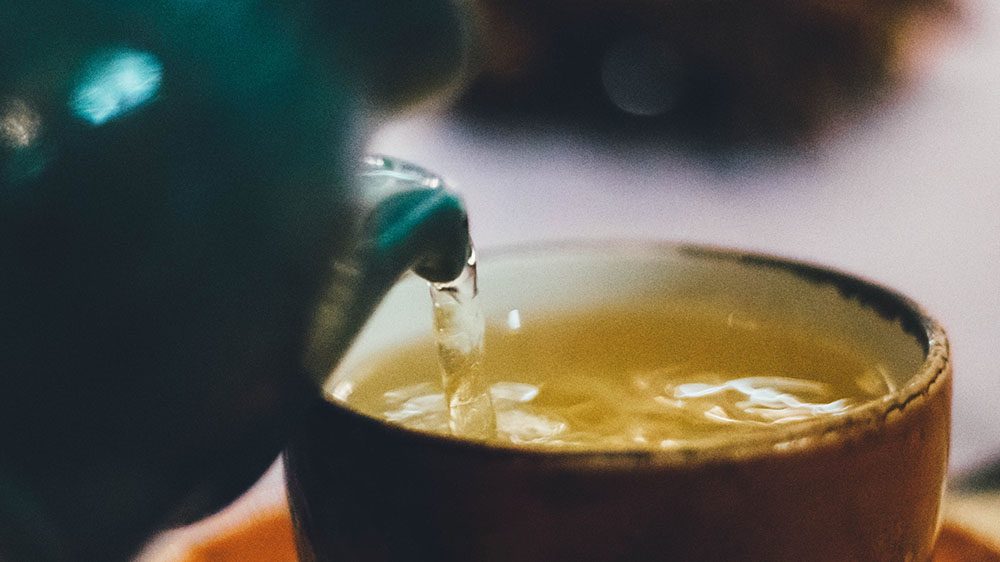
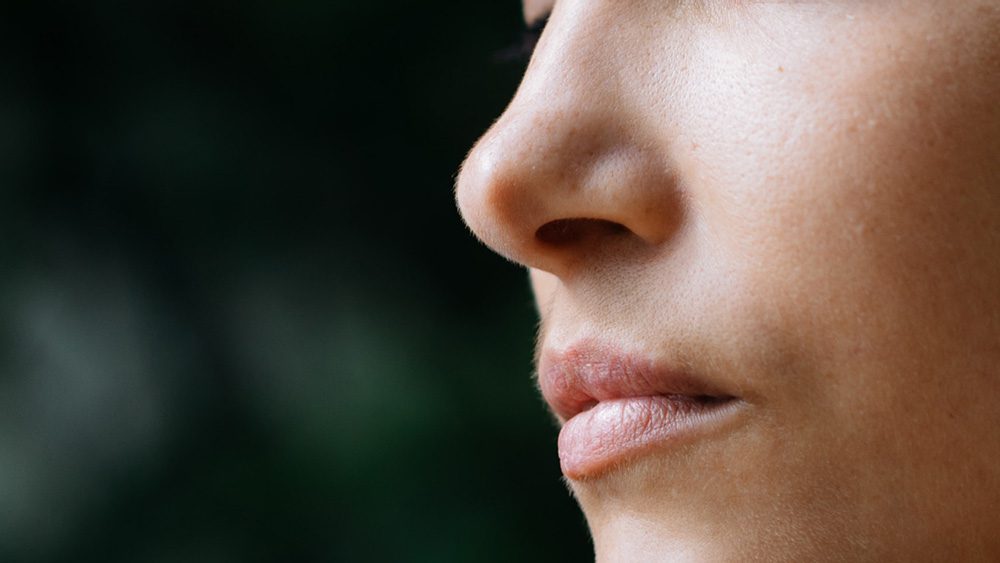
03
Take 6 breaths
3 second inhale, 2 second hold, 3 second exhale, 2 second hold
Lift your head when inhaling and relax your body when exhaling. Notice the muscles in your face relax.
04
Drink from your bowl
Try to focus on the warmth and feel of the bowl. Think about the sensations of smell and taste as you enjoy your tea. Acknowledge your thoughts as you stray from the tea, but come back to focusing on the sensation of holding your cup and enjoying the flavor of your tea.
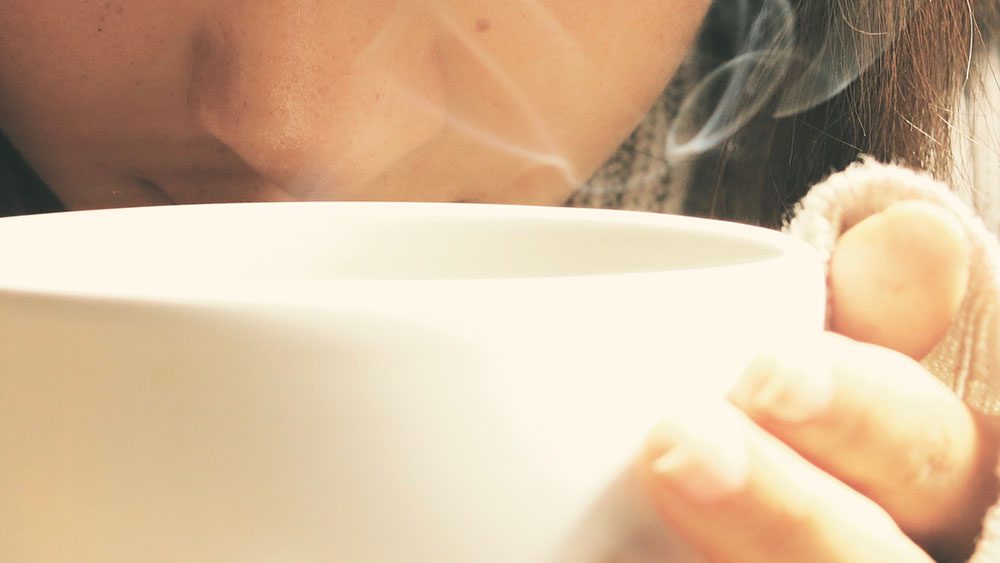
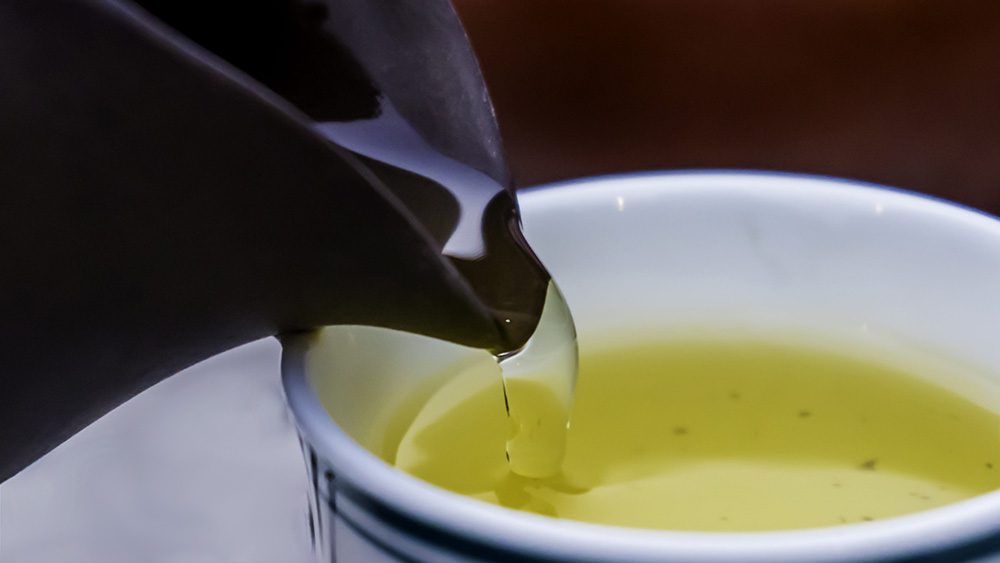
05
Repeat as desired
Quality tea can be re-steeped several times. Just add one more breath to your steeping time.
Tea Meditation: Gong Fu
What You Need
- Tea of any kind
- Near boiling water
- Small teapot or gaiwan
- A fairness cup and cups
- Something to catch water if it spills (tea tray or cloth or both)
Meditation Steps
To learn the steps, listen to the podcast at your leisure:
or watch our video:
or follow these written steps:
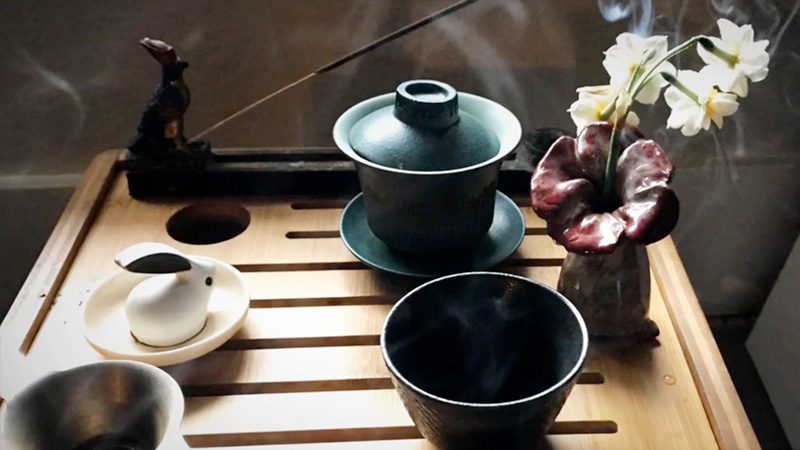
01
Find a space
Ideally, choose a place a little away from your usual work or daily routine, a dedicated space for you to have tea.
02
Put the tea in the pot or gaiwan and pour hot water on the pot and over it
Enjoy watching the water fill the pot and pouring water over the pot.
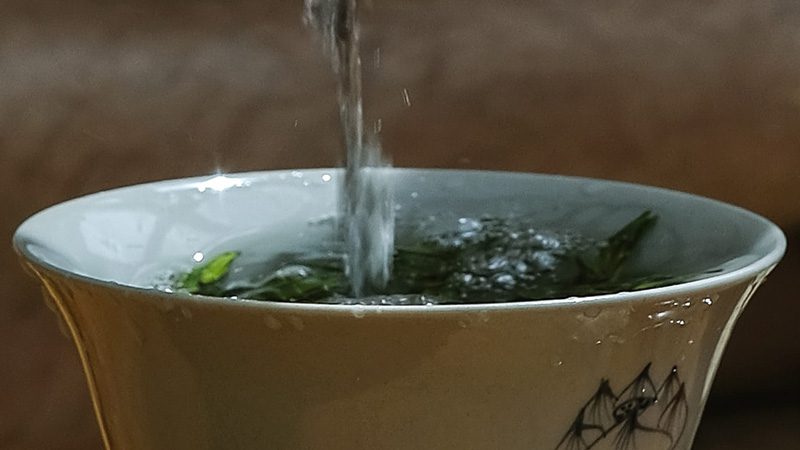

03
Take 3 deep breaths
3 second inhale, 2 second hold, 3 second exhale, 2 second hold
Lift your head when inhaling and relax your body when exhaling. Notice the muscles in your face relax.
04
Pour from your pot into a fairness cup or tea cup directly and enjoy
Try to focus on the warmth and feel of the bowl. Think about the sensations of smell and taste as you enjoy your tea. Acknowledge your thoughts as you stray from the tea, but come back to focusing on the sensation of holding your cup and enjoying the flavor of your tea.
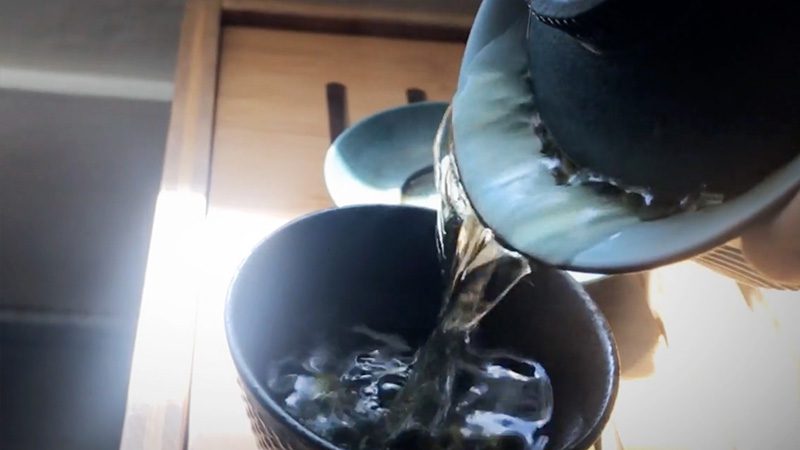
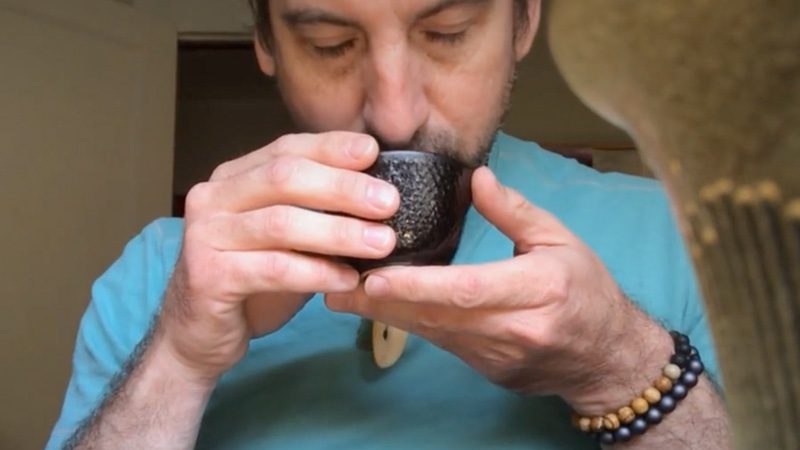
05
Repeat as desired
Quality tea can be re-steeped several times. Just add one more breath to your steeping time.
Tea in Conversation
What conversation do you remember the most? The one where you were frantically taking notes or when you were sitting and focused entirely on the person you were talking to?
Reduce conversation apprehension by focusing on allowing silent space in conversation and active listening (and also just have some really great conversations).
Try following these steps next time you gather with your friends:

01
Find a space
Find a place for you and your friends to enjoy each other’s company free of distraction (including your phones).
02
Prepare and serve tea to your guests and yourself
Before you start your conversation, have one round of tea in silence. Reflect on what you look forward to discussing. Treasure this moment because you will never have another exactly like it.
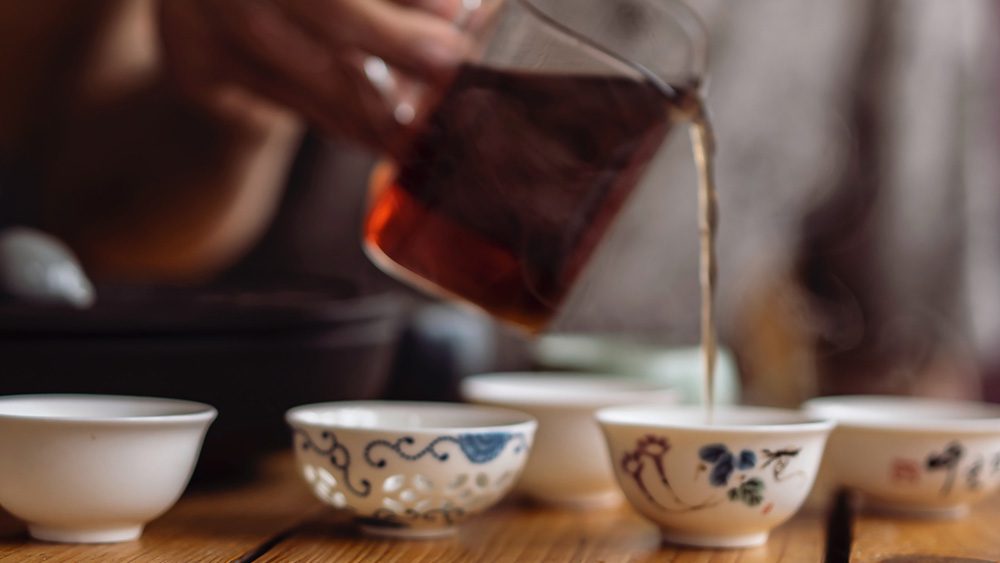
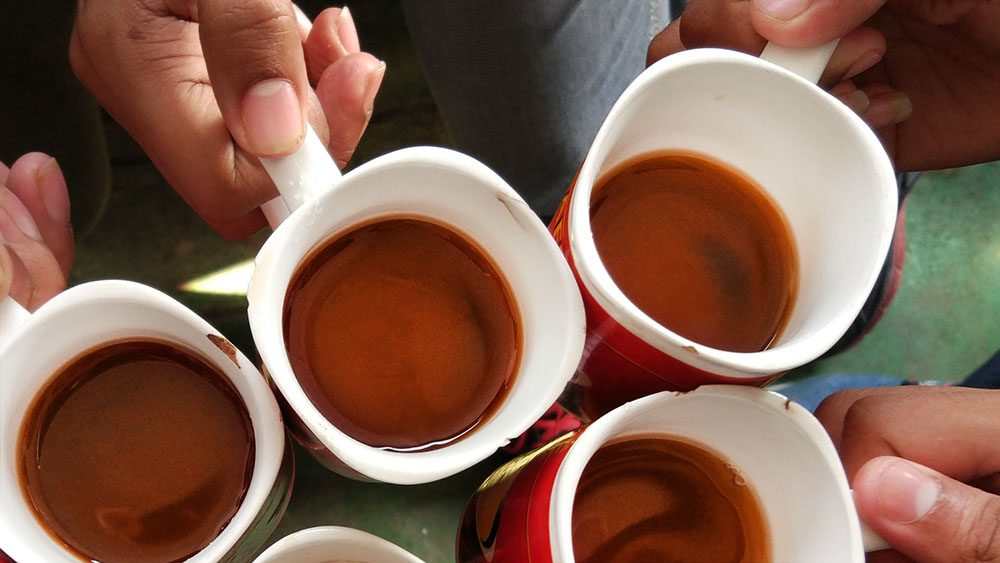
03
On the second round, let the guest you first serve start the conversation
Continue serving tea until all guests have had an opportunity to share their thoughts. The host can join the conversation after everyone has spoken.
04
Repeat the process and keep the conversation going
You may need to replace your tea if it loses flavor.

More About Tea, Mindfulness and Well-being
Tea Resources
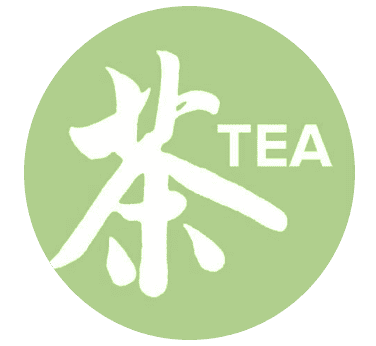
Global Tea Initiative
A singular academic effort to look at the scholarship of tea across disciplines. The Global Tea Initiative creates opportunities for tea scholarship and how this mindfulness exercise was developed.
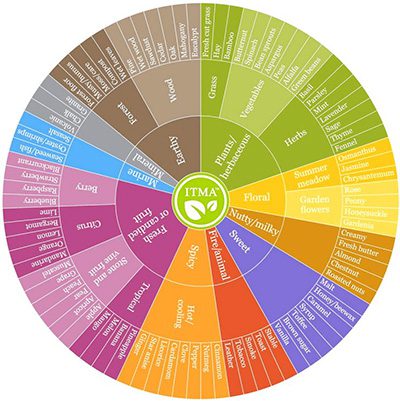
Tea Aroma Wheel
Not sure how to describe what you are tasting? Well try the tea aroma wheel developed by the International Tea Master’s Association.
Mindfulness and Well-being

Each Aggie Matters
Each Aggie Matters is part of the larger movement for improved mental health amongst all of UC Davis’ faculty, staff and students.

Mindfulness Open Access Library from Healthy UC Davis
Take a tour of many of these helpful and freely accessible mindful resources.
Crisis Prevention or Intervention
Get the help you need for moments you don’t know what to do but you know you need to do something
Below are some broadly available and national resources for crisis intervention. Often there are resources within your community or campus to help assist with crisis intervention like Each Aggie Matters at UC Davis or NAMI Yolo County for residents in the community of UC Davis.

Suicide Prevention Lifeline
Sometimes we have those moments where we are overwhelmed and don’t know what to do. Suicide can often cross our minds in these situations and this is a resource available to anyone that needs support.

National Alliance of Mental Illness
NAMI has a great deal of tools to support your mental health.

The Trevor Project
This resource is geared specifically to members of the LGBTQ+ community who are experiencing moments of crisis.

The American Foundation for Suicide Prevention
An organization dedicated to bringing awareness of suicide and support to those affected by suicide. There are local chapters that have activities for the community. This resource is helpful for those that know someone in crisis, too.
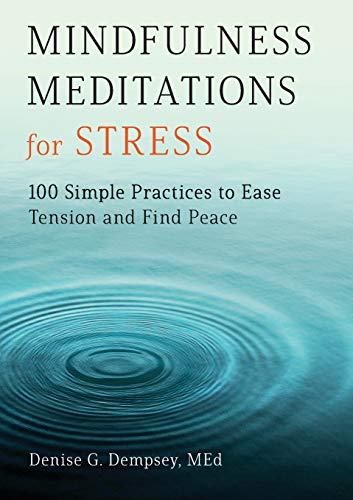
Mindfulness Meditations for Stress: 100 simple practices to ease tension and find peace (2020)
Author: D. Dempsey
Call Number: Shields Lib RC489.M55 D46 2020
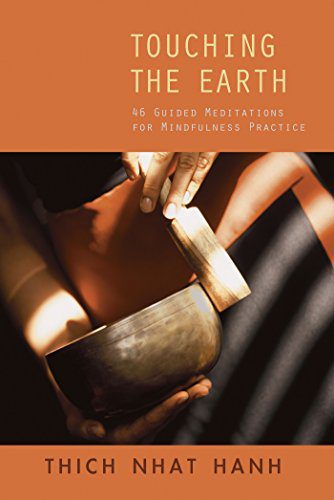
Touching the Earth: 46 guided meditations for mindfulness practice (2008)
Author: T Nhá̂t Hạnh
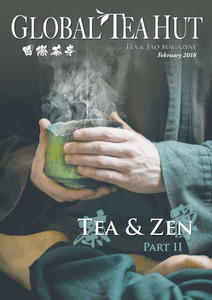
Global Tea Hut: Tea and Tao Magazine
This specific issue is a good example of discussing tea and mindfulness.
